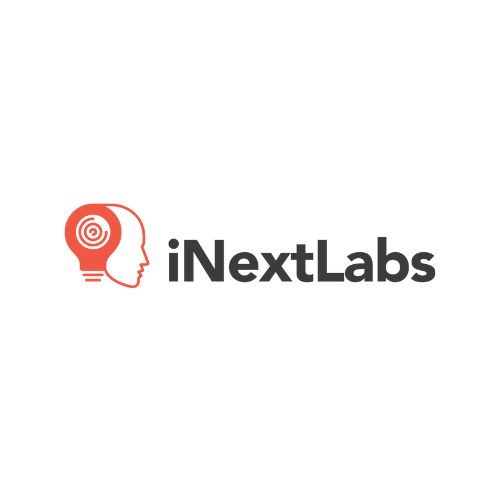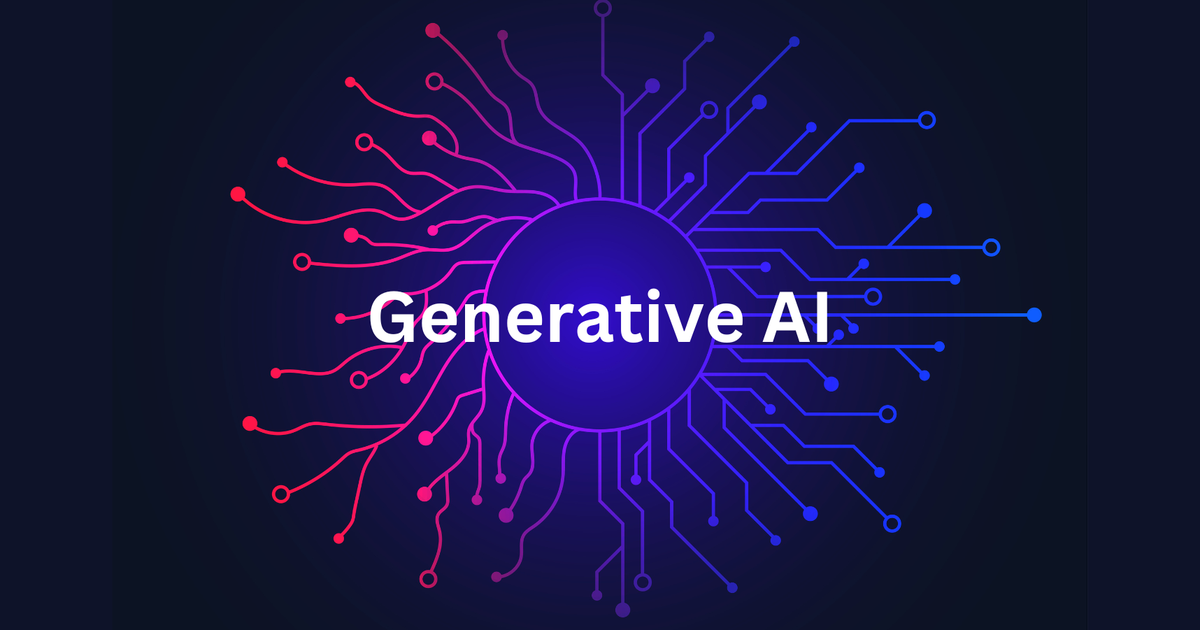The Future of Generative AI: What Enterprises Need to Know
 iNextlabs AI
iNextlabs AI
Generative AI is rapidly transforming industries across the globe, offering new opportunities for businesses to innovate and stay competitive. With its ability to create data, designs, and even content autonomously, generative AI is poised to become a key driver of future business models. In this article, we will explore what enterprises need to know about generative AI, its potential, challenges, and strategies to adopt it effectively.
What Is Generative AI?
Generative AI refers to the subset of artificial intelligence that is capable of producing new content, whether it’s text, images, music, or data, by learning from existing inputs. Deep learning algorithms such as neural networks are at the core of this technology, enabling it to generate high-quality, human-like outputs.
The rise of transformer models like GPT-4 has paved the way for enterprises to adopt AI tools that can assist in content creation, product design, predictive analytics, and even customer service automation. By learning from massive datasets, these models can generate anything from personalized marketing content to complex supply chain predictions, driving new value for businesses.
How Generative AI Benefits Enterprises
1. Enhanced Content Creation
Generative AI has revolutionized content creation by producing high-quality, personalized, and contextually relevant content in real-time. Whether it's automating blog posts, social media updates, or creating product descriptions, a generative AI development company can significantly reduce the time and effort needed to create content. This is especially valuable for marketing teams that require a continuous flow of fresh, engaging material.
AI-driven content generation allows companies to scale their marketing efforts while maintaining consistency in tone and style. With tools like OpenAI’s GPT models, businesses can now generate newsletters, promotional materials, and even ad copy, while ensuring these pieces resonate with target audiences.
2. Custom Product Design and Prototyping
Generative AI has found applications in product design, where it enables businesses to create prototypes and designs faster than traditional methods. By analyzing existing designs, AI can generate new ones, optimize existing products, or even develop entirely novel solutions.
In sectors like automotive, fashion, and consumer electronics, AI-generated designs are speeding up time-to-market by offering a streamlined, iterative design process. Enterprises can use AI to explore new possibilities, refine product features, and reduce development costs.
3. Improved Customer Experiences
Generative AI plays a pivotal role in improving customer experiences, especially in the realm of virtual assistants and chatbots. AI can generate human-like responses that help address customer inquiries and solve problems more efficiently than traditional customer service models.
Enterprises can leverage AI to create personalized customer experiences, from customized recommendations in e-commerce to interactive support in banking and finance. The ability of generative AI to handle a wide array of customer interactions simultaneously makes it a powerful tool for increasing customer satisfaction while reducing operational costs.
Challenges Facing Enterprises in Generative AI Adoption
Despite its immense potential, enterprises face several challenges when it comes to adopting generative AI technologies.
1. Ethical Concerns
One of the primary concerns around generative AI is ethics. AI has the potential to generate biased, misleading, or harmful content if not properly regulated. Enterprises need to ensure that their AI systems are designed and trained with ethical standards in mind, minimizing biases and avoiding harm to users.
Moreover, the issue of deepfakes, AI-generated fake media that can be indistinguishable from real content, raises questions about authenticity and security. Enterprises must have robust safeguards in place to prevent the misuse of AI-generated content and maintain the integrity of their communications.
2. Data Privacy and Security
Generative AI relies on massive datasets to function effectively, and this dependence raises questions about data privacy and security. Enterprises must ensure that the data used to train AI models is anonymized, securely stored, and complies with regulatory requirements such as GDPR and CCPA.
Data leaks or misuse of customer data can have far-reaching consequences, including financial penalties and damage to a brand’s reputation. Businesses must prioritize data governance to safeguard their AI systems from both external threats and internal vulnerabilities.
3. Integration and Scalability
For enterprises looking to adopt generative AI, integrating it into existing workflows can be a daunting task. Many organizations lack the infrastructure, talent, or resources to seamlessly incorporate AI into their business processes.
Moreover, scaling AI solutions across different departments or product lines requires careful planning. AI systems must be continuously monitored, updated, and maintained to ensure they remain effective over time. Enterprises must invest in the right tools, talent, and training to fully realize the benefits of AI.
Strategies for Successful Adoption of Generative AI
1. Start Small with Pilot Projects
Enterprises should consider starting with small pilot projects to test the efficacy of generative AI. By selecting specific use cases with clear, measurable outcomes, businesses can assess the impact of AI on their operations before scaling to a broader implementation.
Common pilot projects include automating customer service responses, generating marketing content, or optimizing supply chain operations. These initiatives help organizations build confidence in AI’s capabilities and identify areas where it can deliver the most value.
2. Invest in AI Talent and Training
A successful AI adoption strategy depends heavily on having the right talent in place. Enterprises must invest in training their workforce on how to use AI tools effectively, from data scientists to content creators. By fostering a culture of continuous learning and innovation, businesses can stay ahead of AI trends and fully capitalize on its potential.
Hiring AI experts and collaborating with third-party AI solution providers can also accelerate the adoption process. These professionals can offer guidance on best practices, ethical considerations, and technical implementation, helping businesses navigate the complexities of AI integration.
3. Build Ethical and Transparent AI Systems
To mitigate risks associated with generative AI, enterprises should prioritize building ethical AI systems that are transparent and accountable. By implementing AI audit trails and bias detection tools, businesses can ensure that their AI models are operating fairly and without harmful biases.
Maintaining transparency with customers and stakeholders is equally important. Enterprises should clearly communicate how they use AI, especially in cases where AI-generated content is involved. This helps build trust and confidence in the technology while avoiding potential legal and reputational issues.
4. Collaborate with AI Solution Providers
For enterprises without extensive in-house AI expertise, partnering with third-party AI providers can be a cost-effective and efficient way to deploy generative AI. These solution providers often have specialized tools, platforms, and consulting services to help businesses implement AI models tailored to their needs.
Collaborating with AI vendors allows enterprises to scale their AI initiatives faster and with fewer technical challenges. It also provides access to cutting-edge AI technologies that may not be available in-house.
Conclusion
As generative AI continues to evolve, its applications within enterprises will expand. From automating content creation and product design to improving customer experiences and predictive analytics, AI-driven solutions will become indispensable across industries.
However, enterprises must navigate the challenges associated with data privacy, ethics, and scalability to ensure successful adoption. By starting with small, manageable projects, investing in AI talent, and building transparent, ethical AI systems, businesses can unlock the full potential of generative AI and position themselves for long-term success in the digital age.
Subscribe to my newsletter
Read articles from iNextlabs AI directly inside your inbox. Subscribe to the newsletter, and don't miss out.
Written by

iNextlabs AI
iNextlabs AI
Embark on a transformative journey with our state-of-the-art Generative AI technology. Revolutionize your business-customer interactions across various domains, from sales and customer support to recruiting, employee engagement, patient management, and feedback processes. Our innovative Generative AI solutions redefine the landscape, ushering in a new era of unparalleled customer experiences.